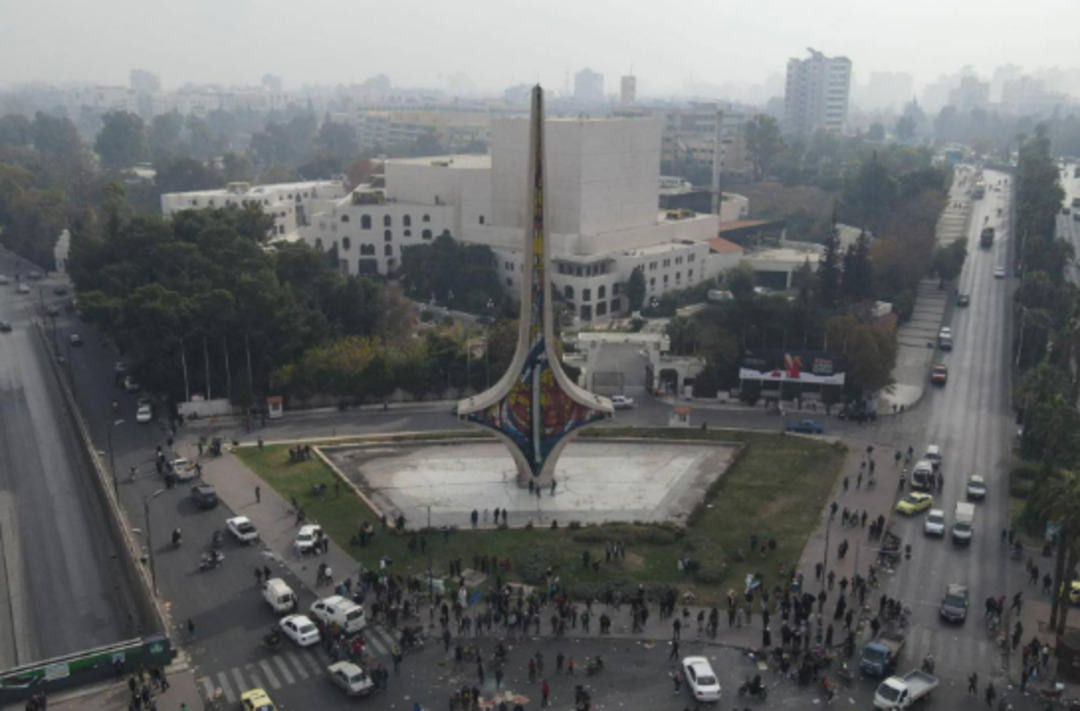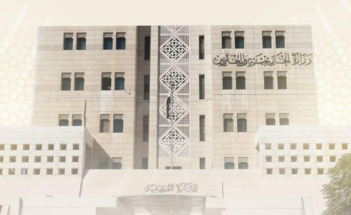-
Legal Scandal: Imposition of Dollar-Only Fines and Fund Transfer to Idlib Branch Bank in Damascus

By Lawyer Basel Saeed Mane’
Media outlets and social media recently circulated a troubling story highlighting legal manipulation and chaos in tax collection procedures in Syria. The incident involved an investor in Damascus, who owns a bakery, receiving an official notice imposing a financial penalty of $400 USD—strictly in dollars, with no equivalent in Syrian pounds. This caused widespread questions regarding the legality of such an action.
In detail, the investor was surprised to be informed that the penalty must be paid exclusively in dollars—an unusual and perplexing requirement. How can fines be imposed on citizens or business owners solely using foreign currency when the official legal tender for transactions in the country remains the Syrian pound, according to prevailing legislation?
What makes this situation even more baffling is that the payment was to be made at the “Tawfeer Bank” branch in the Albahr neighborhood of Damascus, which was later found to fall under the administrative control of Idlib Governorate—an area outside the government’s control for years. This bank is neither authorized nor licensed to conduct tax collection or financial procedures within Damascus or other cities, raising serious legal questions regarding the source and legitimacy of such procedures.
Such practices directly conflict with Syrian laws, especially Decree Law No. 5 of 2024, which explicitly bans conducting financial transactions in currencies other than the Syrian pound. Similarly, Decree No. 3 of 2020, amended, punishes those who deal in foreign currencies or operate unlicensed currency exchange activities.
Therefore, imposing a fine in dollars, and transferring it through a bank governed by a jurisdiction outside state authority, is illegal and constitutes a clear encroachment on legality, falling within an extralegal “dollar transfer” process. This raises fears of deviation from lawful procedures and indicates that the government might be involved in manipulations related to currency and the financial system.
It’s noteworthy that the investor himself was forced to cease operations at his bakery due to multiple violations, including the dollar-only fine, which reflects the tangible impact such procedures have on private sector activity and investors.
In conclusion, a call is made to official bodies—specifically the Ministry of Finance, the Central Bank of Syria, and the Inspection and Administrative Oversight Authority—to issue transparent, official clarifications regarding the legality of imposing dollar fines and identifying the legitimate authority responsible for collecting such penalties. It is critical to review financial collection practices and ensure they comply with announced legal texts, especially considering that Syrian law states the Syrian pound is the only legal currency for internal transactions.
Finally, this case underscores the urgent need to reform and develop the financial and regulatory systems to uphold the rule of law and protect citizens’ rights from manipulations and administrative chaos. It also reminds everyone that despite the significance of Idlib, this governorate has no connection to these illegal practices, which must be confronted immediately.
You May Also Like
Popular Posts
Caricature
opinion
Report
ads
Newsletter
Subscribe to our mailing list to get the new updates!






















